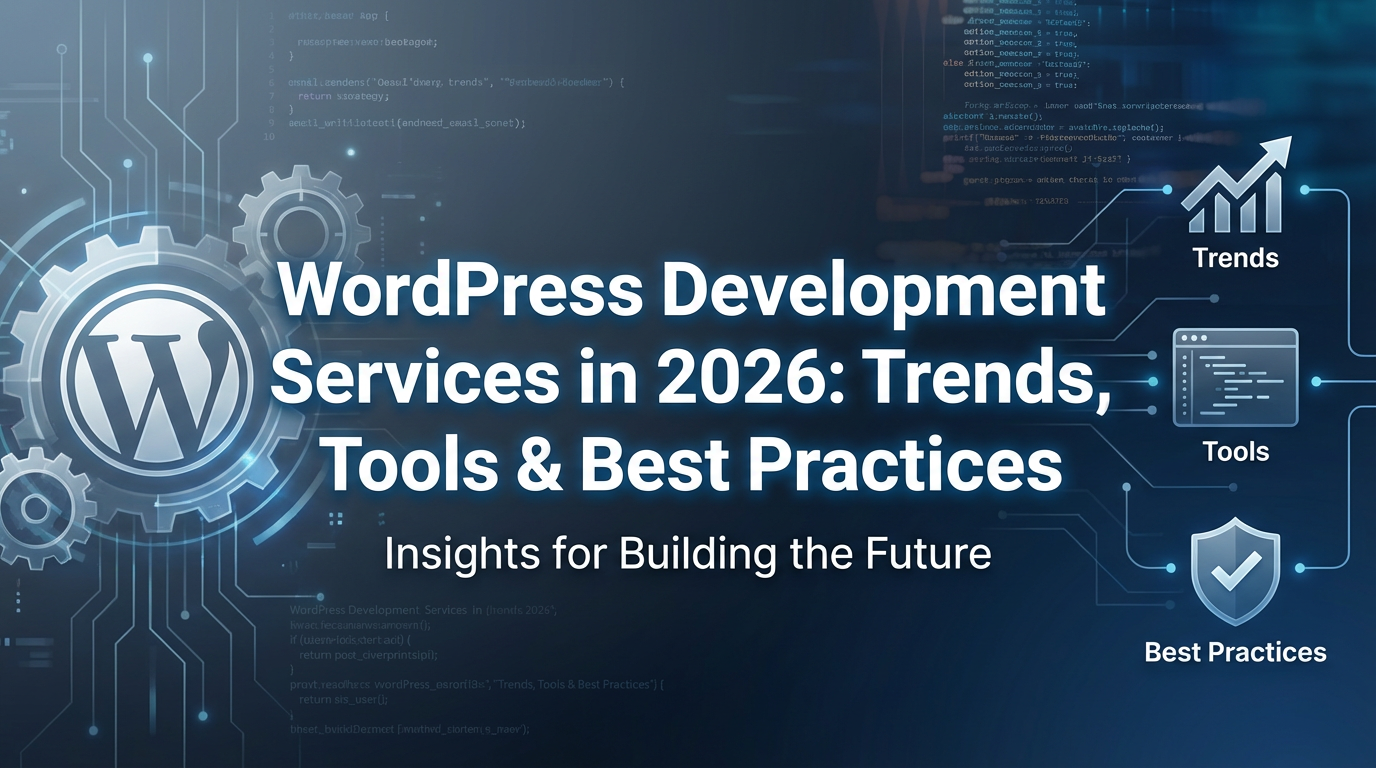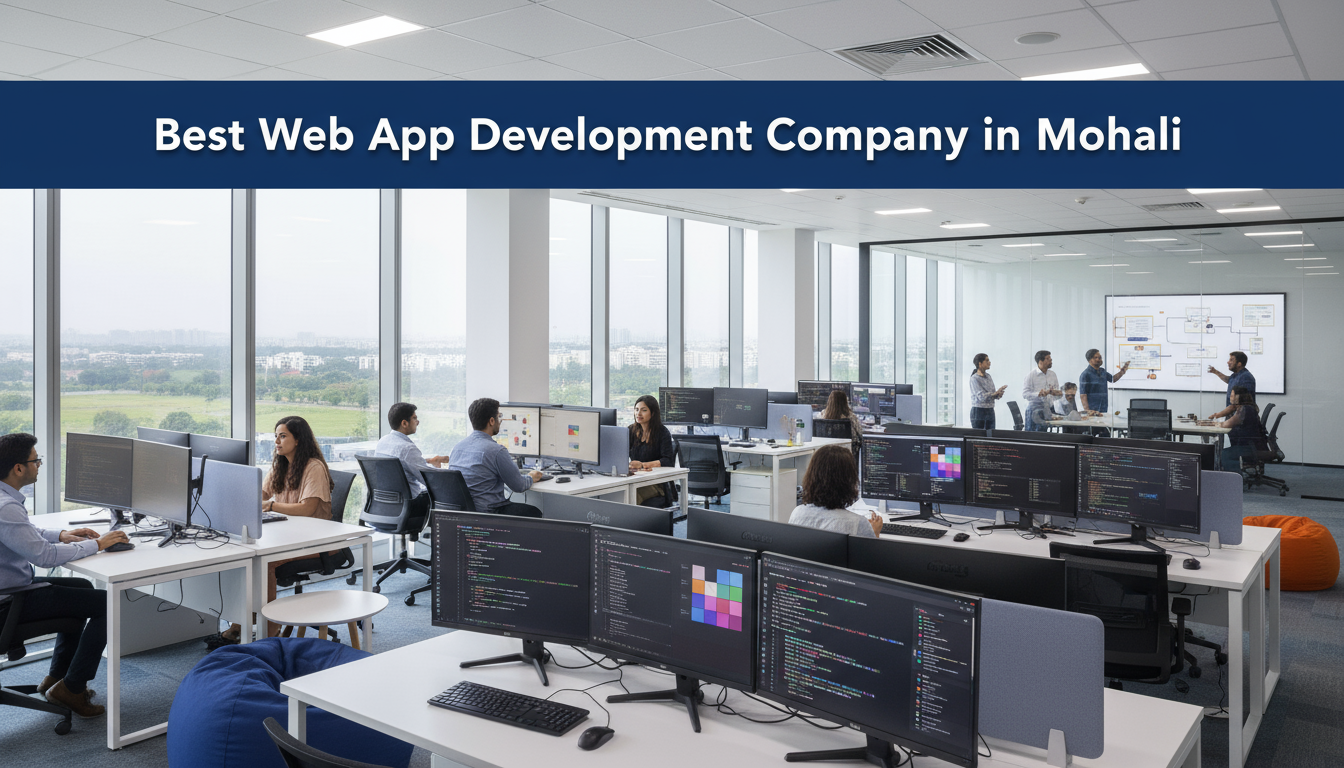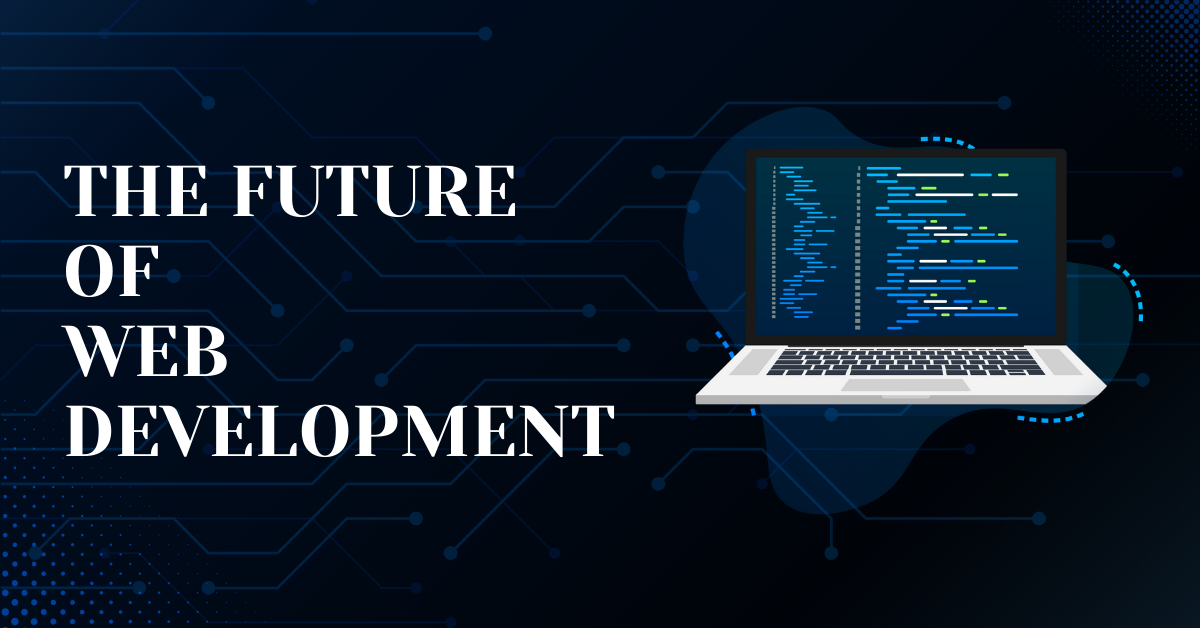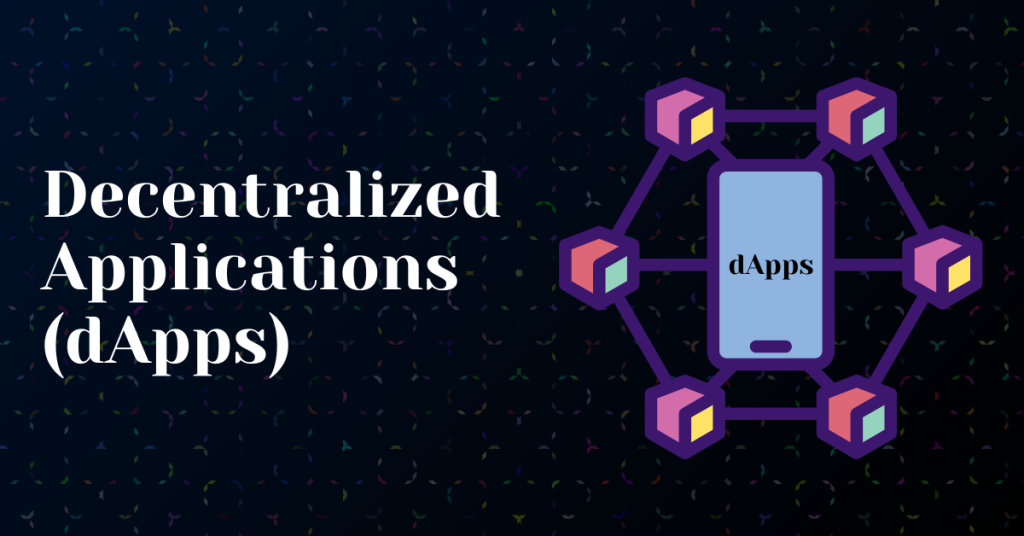The digital landscape is evolving faster than ever, and in 2026, AI is transforming how websites are built, optimized, and managed. Businesses of all sizes are increasingly relying on advanced technology to deliver exceptional user experiences, streamline operations, and drive measurable results. Among the platforms leading this transformation, WordPress stands out as the go-to choice for brands seeking flexibility, scalability, and innovation.
With the rise of AI-powered WordPress Development Services, companies no longer need to rely solely on manual coding or generic solutions. AI-driven tools now assist with content creation, theme customization, SEO optimization, performance enhancements, and even predictive analytics, enabling websites to operate more intelligently and quickly.
For businesses aiming to stay ahead in this competitive market, partnering with a top WordPress Development Company like Deftsoft is becoming essential. Leveraging Deftsoft’s expertise ensures access to cutting-edge AI integrations, custom solutions tailored to unique business needs, and efficient development workflows that save both time and resources.
In this blog, we’ll explore how AI is reshaping WordPress development in 2026, the emerging trends to watch, the best tools to implement, and proven best practices for businesses seeking to enhance their digital presence through WordPress Development Services.
The Role of AI in Modern WordPress Development
AI is no longer just a futuristic concept; it has become an essential part of modern WordPress and CMS development. By integrating machine learning, automation, and predictive analytics, developers can now create websites and content management systems that adapt dynamically to user behavior and business needs.
Leading WordPress Development Companies and providers of the best CMS development services are leveraging AI to improve website performance, automate repetitive tasks, and deliver personalized experiences. From content generation to SEO optimization and workflow automation, AI enables businesses to achieve smarter, faster, and more scalable digital solutions.
How AI Enhances Custom WordPress Development
AI has transformed custom WordPress and CMS development by automating plugin creation, theme customization, and site testing. It also powers intelligent content recommendations and design suggestions, ensuring websites remain optimized and user-friendly. Companies like Deftsoft, a top CMS development company, combine AI with human expertise to deliver tailor-made solutions that meet unique business requirements.
Furthermore, AI integration allows for predictive maintenance, automated security checks, and continuous website optimization, making custom WordPress solutions more robust and future-ready.
Benefits for Businesses Using AI-Powered WordPress Development Services
Businesses that leverage AI-powered WordPress and CMS development services enjoy faster launch times, reduced costs, and improved SEO and user experience. With expert guidance from Deftsoft, companies can implement AI strategically to maintain high-quality, secure, and scalable websites that stand out in competitive markets.
Additionally, AI enhances user experience by enabling personalized content delivery, intelligent recommendations, and data-driven design adjustments. Search engine optimization also improves, as AI tools can analyze user behavior, identify trending keywords, and suggest content improvements.
By choosing a reliable WordPress Development Company like Deftsoft, businesses can harness these AI capabilities to build websites that are not only visually appealing but also functional, secure, and optimized for conversions.
Top AI Trends in WordPress Development for 2026
As we step into 2026, AI continues to redefine WordPress development, driving innovation across design, content, functionality, and user engagement. Staying up to date with these trends is crucial for businesses seeking to maintain a competitive edge in the digital space.
AI-Powered Content Generation & SEO Optimization
AI-powered content tools are revolutionizing how WordPress websites are managed. These tools automatically generate SEO-friendly content, optimize headings, meta descriptions, and internal linking structures, and even suggest improvements based on real-time search trends. By integrating AI into content creation, companies can efficiently maintain high-quality blogs, landing pages, and product descriptions.
Chatbots and Conversational AI Integration
Conversational AI and chatbots are now standard features for interactive websites. AI-driven chat solutions can answer customer queries instantly, guide users through product selections, and provide personalized recommendations. Businesses leveraging these technologies through professional WordPress Development Services can significantly enhance user engagement and conversion rates.
Predictive Analytics & Personalization in WordPress Sites
Predictive analytics allows WordPress sites to anticipate user behavior, delivering personalized experiences such as dynamic content, tailored product suggestions, and optimized navigation paths. This trend empowers businesses to engage visitors more effectively while increasing retention and conversions.
AI-Driven Website Testing & Performance Optimization
AI tools now automate testing processes, including cross-browser compatibility, speed optimization, and A/B testing. Predictive performance analysis ensures that websites run efficiently and deliver seamless user experiences. Companies like Deftsoft, offering expert WordPress Development Services, leverage these AI capabilities to provide clients with high-performing, future-ready websites.
Incorporating these AI trends positions businesses to gain a competitive edge, boost website performance, and deliver personalized experiences that resonate with users.
Essential AI Tools for WordPress Development in 2026
The rise of AI in web development has introduced a wide range of tools that can dramatically enhance WordPress Development Services. From automating routine tasks to generating intelligent insights, these AI-powered solutions help businesses build smarter, faster, and more effective websites.
AI Plugins for Content & SEO
AI-powered plugins are transforming the way WordPress websites manage content and SEO. Tools such as AI content generators, automated keyword analyzers, and on-page SEO optimizers enable developers to create high-quality content while improving search engine rankings. By using these plugins, a top WordPress Development Company like Deftsoft ensures that every website is not only engaging but also optimized for maximum visibility.
AI-Powered Design & Layout Tools
AI design tools are revolutionizing the user interface and experience. Platforms leveraging machine learning can suggest layout improvements, optimize color schemes, and even automate responsive design adjustments. This reduces manual effort and ensures websites are visually appealing across all devices.
Automation Tools for Custom WordPress Development Services
From automated testing to code generation and workflow management, AI tools accelerate custom WordPress development projects. Developers can focus on strategic elements while AI handles repetitive tasks, resulting in faster launch times, reduced errors, and consistent quality. Businesses that partner with Deftsoft for WordPress Development Services benefit from this efficiency, receiving tailor-made websites that deliver measurable results.
By combining these tools, companies can leverage the full potential of AI in WordPress development, creating websites that are not only functional but also scalable and future-ready.
Best Practices for AI-Powered WordPress Development
While AI offers incredible opportunities, following best practices ensures websites remain secure, efficient, and user-friendly. Businesses and developers must balance automation with human expertise to maximize the benefits of AI.
Ensuring Quality & Security in AI Development
AI tools should complement rigorous testing and security measures. A trusted WordPress Development Company like Deftsoft prioritizes code validation, plugin compatibility, and cybersecurity, ensuring AI-driven enhancements don’t compromise the website. Regular AI-assisted monitoring can also detect performance issues and potential threats in real-time.
Balancing Automation with Human Expertise
While AI can handle repetitive coding and content generation, human creativity and strategic thinking remain essential. Combining AI tools with experienced developers ensures unique, high-quality websites tailored to the client’s business goals. This approach allows companies to deliver superior custom WordPress development services efficiently.
Maintaining SEO & Performance Standards
AI can significantly improve SEO and website performance by analyzing traffic patterns, optimizing content, and predicting user behavior. However, a WordPress Development Company like Deftsoft ensures that AI-generated insights are applied strategically while maintaining core performance metrics, including loading speed, mobile responsiveness, and Core Web Vitals.
Adopting these best practices allows businesses to harness AI fully while creating high-performing, secure, and scalable WordPress websites.
Why Partner with a Professional WordPress Development Company in 2026
In the fast-evolving digital landscape of 2026, businesses require expert guidance to leverage AI effectively. A professional WordPress Development Company brings technical expertise, industry experience, and strategic insights that go beyond what off-the-shelf AI tools can provide.
Partnering with Deftsoft ensures that businesses access AI-powered WordPress Development Services tailored to their unique needs. From custom plugin development to SEO optimization and AI-driven personalization, Deftsoft helps clients build websites that engage users, generate leads, and drive conversions.
Moreover, expert developers can seamlessly integrate AI tools into existing workflows, avoiding common pitfalls like plugin conflicts, security vulnerabilities, or performance issues. By outsourcing to a trusted WordPress Development Company, businesses save time, reduce costs, and gain a competitive edge in their industry.
Choosing the right partner ensures your WordPress website is not just visually appealing but also strategically optimized, AI-ready, and future-proof.
Future Outlook: AI and WordPress Development Beyond 2026
The future of Web development is closely aligned with WordPress development, which is intertwined with AI advancements. Beyond 2026, AI is expected to become more autonomous, predictive, and intelligent, further revolutionizing web development workflows.
Future trends include hyper-personalized user experiences, AI-driven adaptive designs, fully automated SEO, and deeper integrations with other digital platforms. Businesses that adopt AI early will gain a significant competitive advantage. At the same time, those partnering with experienced WordPress Development Services providers, such as Deftsoft, will be best positioned to implement these innovations effectively.
Embracing AI not only improves efficiency but also allows companies to anticipate user needs, optimize website performance, and deliver highly engaging digital experiences.
Conclusion
AI is no longer optional; it’s an essential component of WordPress development in 2026. From streamlining workflows to enhancing content, design, and SEO, AI tools enable businesses to create smarter, faster, and more engaging websites.
Partnering with a reliable WordPress Development Company like Deftsoft ensures access to expert WordPress Development Services, including AI integration, custom solutions, and performance optimization. By following best practices, leveraging the latest AI tools, and staying up to date on emerging trends, businesses can maintain a competitive edge and deliver exceptional digital experiences.
Investing in AI-powered WordPress development today prepares your business for the digital demands of tomorrow, ensuring your website is optimized, future-ready, and designed to convert.
FAQ
1. What are AI-powered WordPress Development Services?
AI-powered WordPress Development Services use artificial intelligence to automate tasks like content creation, SEO optimization, design adjustments, and performance testing. At Deftsoft, we integrate AI into every project to deliver faster, smarter, and more efficient websites.
2. Why should I hire a WordPress Development Company for AI integration?
Partnering with a professional WordPress Development Company like Deftsoft ensures expert AI implementation, secure coding, and customized solutions tailored to your business goals. We make websites smarter while maintaining high quality and performance.
3. How does AI improve custom WordPress development?
AI streamlines coding, automates testing, and enhances personalization, allowing developers to focus on creative solutions. Deftsoft’s custom WordPress development services leverage AI to build high-performing, scalable, and user-friendly websites.
4. Can AI enhance SEO and website performance?
Yes! AI tools analyze user behavior, suggest keyword optimization, and improve page speed. With Deftsoft’s WordPress Development Services, your website achieves better search rankings and faster load times while delivering an improved user experience.
5. Is AI safe to use in WordPress websites?
Absolutely, when implemented correctly. Deftsoft ensures all AI integrations follow best security practices, preventing vulnerabilities while maintaining seamless functionality for your WordPress website.
6. What types of businesses can benefit from AI-powered WordPress development?
Any business looking to improve efficiency, engagement, and conversions can benefit. From e-commerce stores to content-driven blogs, Deftsoft’s AI-powered WordPress Development Services cater to all industries with customized solutions.
7. How can I get started with AI-powered WordPress Development Services?
Getting started is easy! Contact Deftsoft, a leading WordPress Development Company, to discuss your website goals. Our experts will recommend AI tools, custom solutions, and strategies tailored to maximize your online performance.















